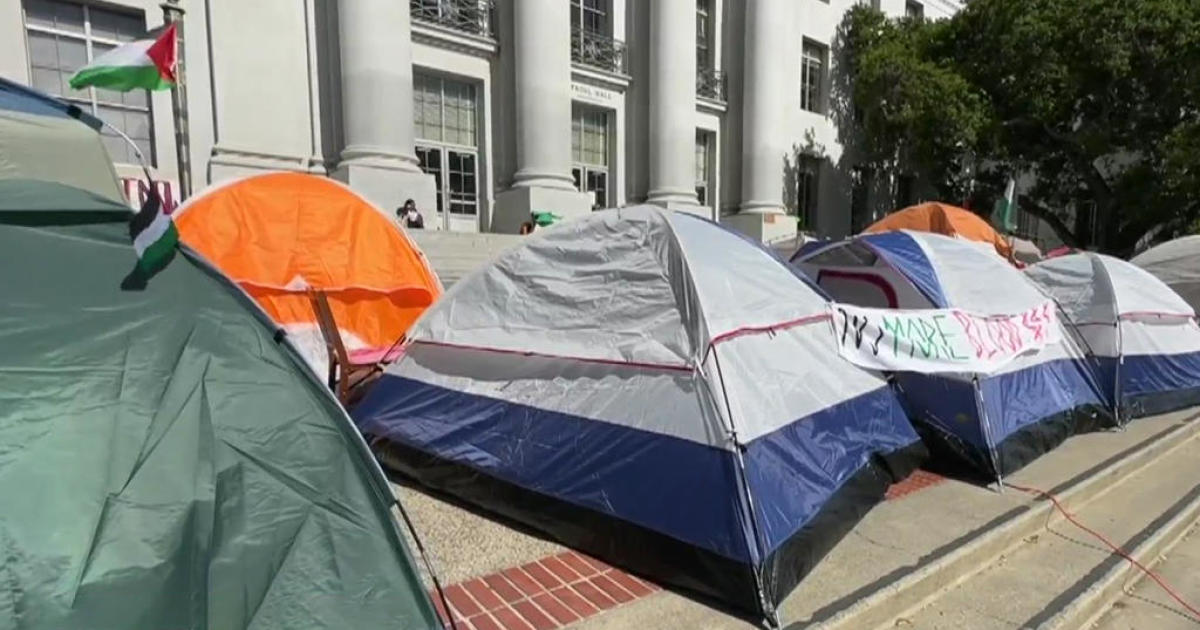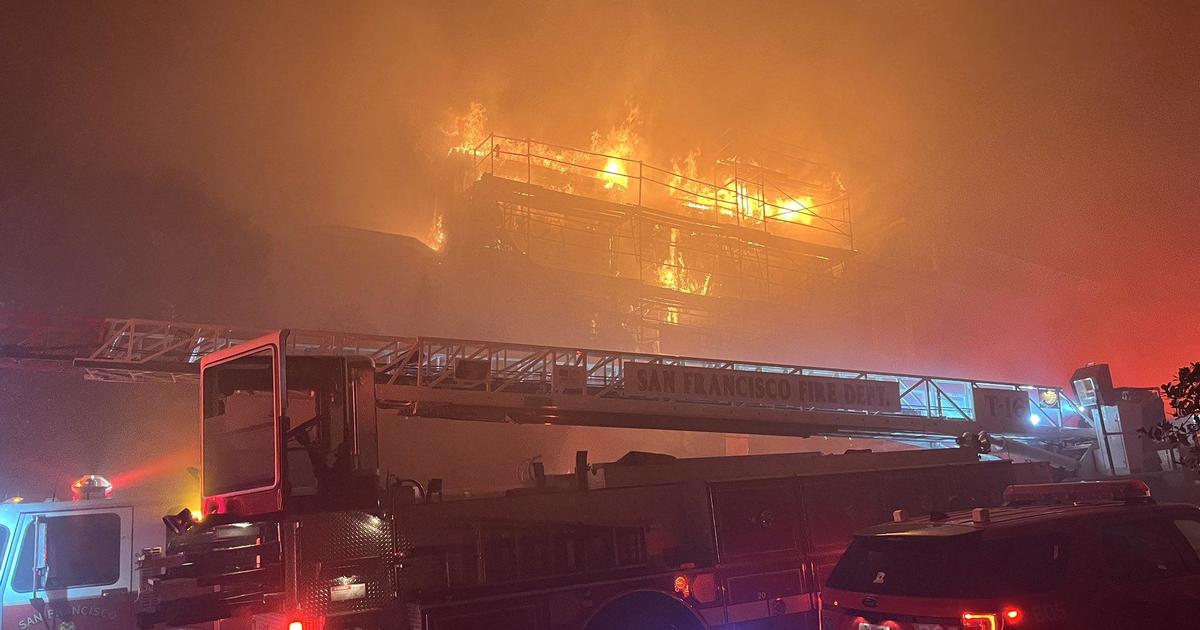Coronavirus Pandemic: UC Researchers Find Most COVID-19 Antibody Tests Perform 'Reasonably' Well
SAN FRANCISCO (CBS SF) -- Calling it the "Wild West" of medical testing, a team of University of California researchers have been conducting head-to-head comparisons of various new procedures being used to detect the COVID-19 antibodies.
As officials begin relaxing shelter-in-place restrictions, one of the procedures they hope to use to monitor and keep the virus spread in check is antibody testing. Some government officials have suggested providing those who test positive with a get-out-of-jail-free card, an "immunity passport" to a normal life.
Some officials like to use the term "herd immunity" when talking about a return to some from of normalcy.
On Monday, World Health Organization officials rolled back its earlier criticism of the value of the tests, but was still cautious when it comes to immunity passports.
In head-to-head comparisons of a dozen tests, the UC researchers have found that many of the tests performed reasonably well, especially two weeks or more after infection, when levels of antibodies in the blood begin to peak.
However, they also warned that many of the test kits have false positive rates that may exceed the proportion of people who have been infected in some communities. That means that a large proportion of those testing positive on an antibody test may not actually have had COVID-19.
"It's the Wild West right now," said Patrick Hsu, an assistant professor of bioengineering at UC Berkeley and an investigator at the Innovative Genomics Institute. "These tests are widely available, and many people are buying and deploying them, but I realized that they had not been systematically validated, and we needed to figure out which ones would really work."
Hsu is leading the comparison testing effort with Alex Marson, an associate professor of microbiology and immunology at UCSF and IGI's scientific director for biomedicine, Caryn Bern, a professor of epidemiology and biostatistics at UCSF, and Jeffrey Whitman, a clinical fellow in pathology at UCSF and a resident in laboratory medicine.
When infected by a virus like SARS-CoV-2, the cause of COVID-19, the body initially produces antibodies known as immunoglobulin-M in an attempt to neutralize the virus, according to the researchers.
Later, as the body's adaptive immune system revs up, immunoglobulin-M levels go down, and the body ramps up production of an antibody more specifically targeting the virus.
The UC Berkeley/UCSF team has so far evaluated 10 point-of-care tests — tests much like home pregnancy or HIV tests and two different set of tests based on a common laboratory antibody detection method called ELISA.
Each was tested with roughly 300 blood samples. Of these, 108 were obtained before July 2018, so, presumably, from people who had not contracted COVID-19. Most of the remainder came from COVID-19 patients seen at Zuckerberg San Francisco General Hospital and Trauma Center or UCSF Medical Center.
About 130 samples were from individuals who had tested positive for COVID-19 by PCR testing, and around 50 were from people who had been tested for other viruses.
"We have carefully curated the specimens so that we can systematically study how these different antibody tests perform at different times since symptom onset, and across many samples, making our study one of the most comprehensive to date," Hsu said.
Nevertheless, the team is hampered by the lack of a definitive antibody test with which to compare the many new test kits on the market.
"One of the cornerstones of lab medicine is that a new test is compared to a definitive reference or gold standard," Marson said. "We do not have a gold standard yet for COVID-19 serology testing."



